A landmark study published in Cell has shown that prime editing, a cutting-edge form of gene editing, can correct mutations causing Alternating Hemiplegia of Childhood (AHC) with a single in-brain injection. The research team fixed the most prevalent ATP1A3 gene mutations in mouse models, reducing symptoms and more than doubling survival, a first-of-its-kind success in treating a neurological disease directly in the brain. CRISPR-based gene editing was delivered through an harmless adeno-associated virus called AAV9. In parallel, patient-derived cells (iPSCs) responded similarly, reinforcing the method’s promise for human translation. Importantly, this success opens the door to targeting other genetic brain disorders previously deemed untreatable. Although results are preliminary, this study provides robust proof‑of‑concept for personalized gene editing in the brain and opens doors toward potential treatments for other intractable genetic neurological disorders.






 Your new post is loading...
Your new post is loading...

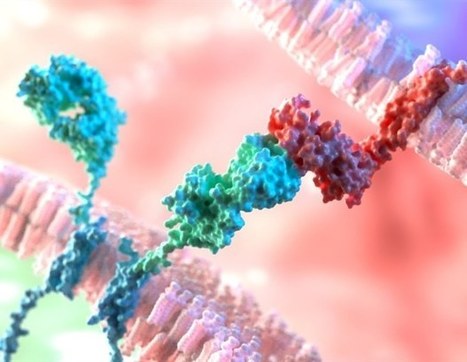


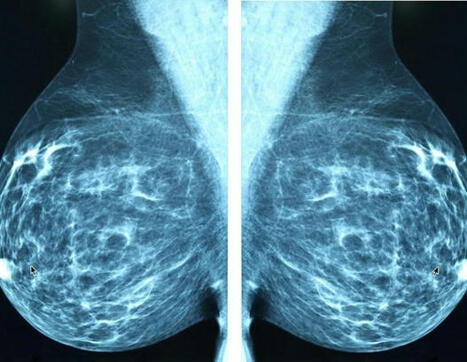
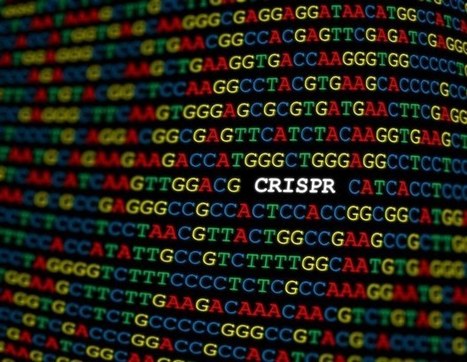
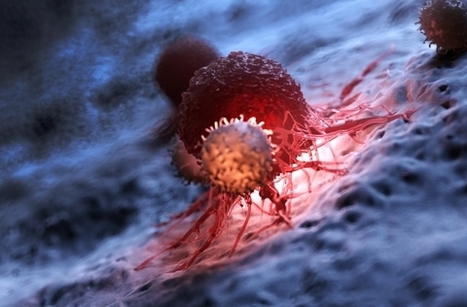
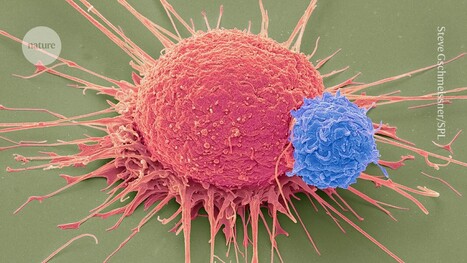



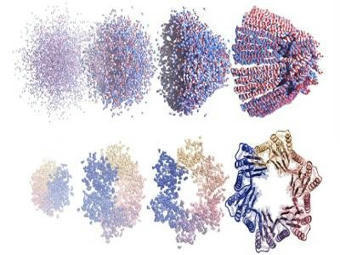
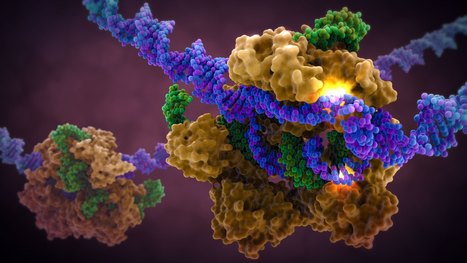

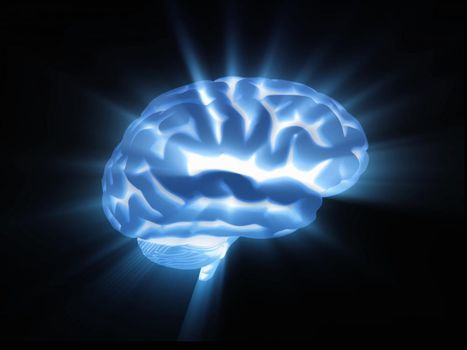

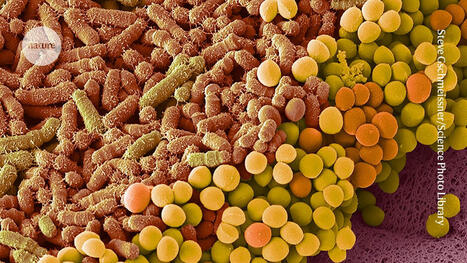
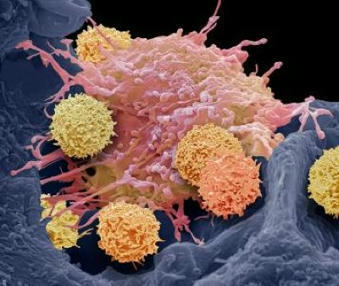

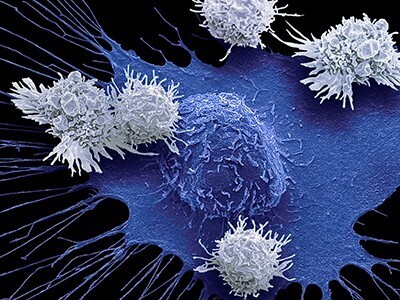
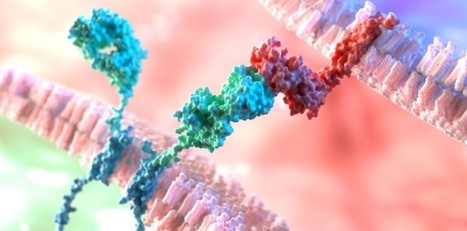
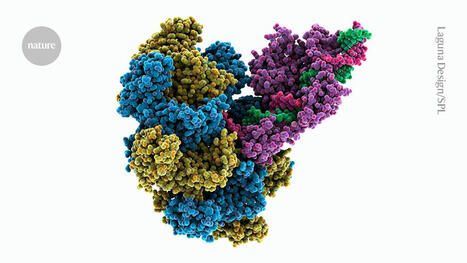






American researchers have unveiled STITCHR in Nature, a novel gene-editing tool that enables the precise insertion of entire therapeutic genes into specific genomic locations without introducing unwanted mutations. Unlike traditional CRISPR systems, which typically correct single mutations and often face targeting limitations, STITCHR offers a "one-and-done" solution by inserting full genes. It may be a game-changing approach for treating diseases caused by a wide range of mutations, such as cystic fibrosis. STITCHR, short for Specific Target-Primed Insertion Through Targeted CRISPR Homing of Retroelements, harnesses enzymes derived from retrotransposons, genetic elements also known as "jumping genes", to guide gene integration with high specificity. Notably, the system can be delivered entirely in RNA form, simplifying logistics compared to approaches that require both RNA and DNA components. This advancement marks a major step forward in gene therapy, offering a promising strategy to treat diverse genetic disorders by replacing faulty genes in their entirety.